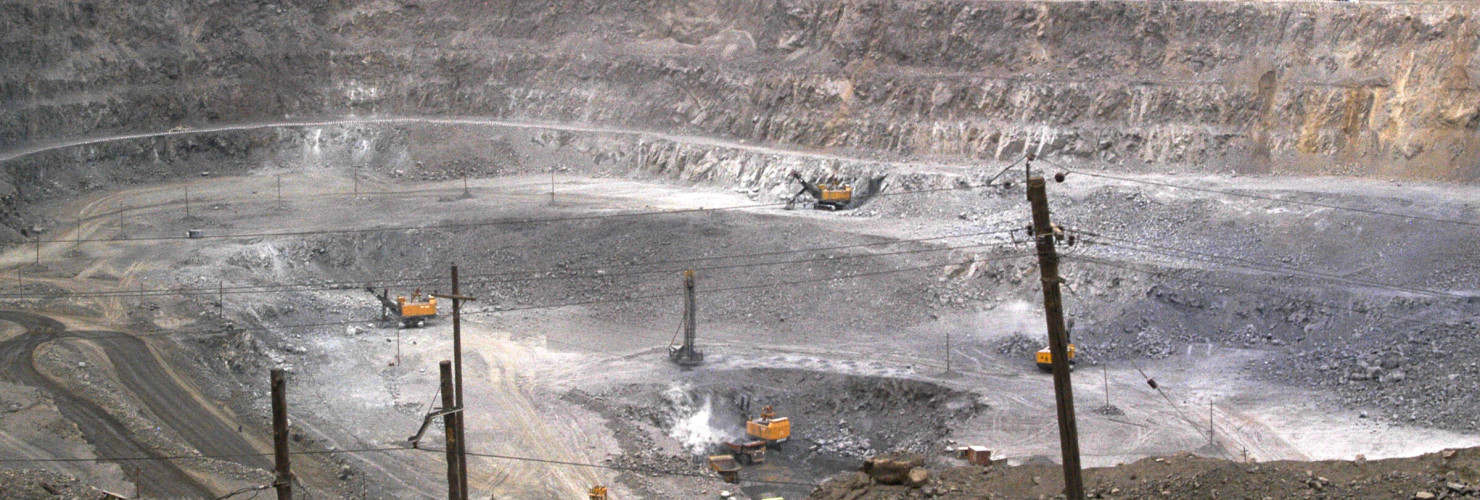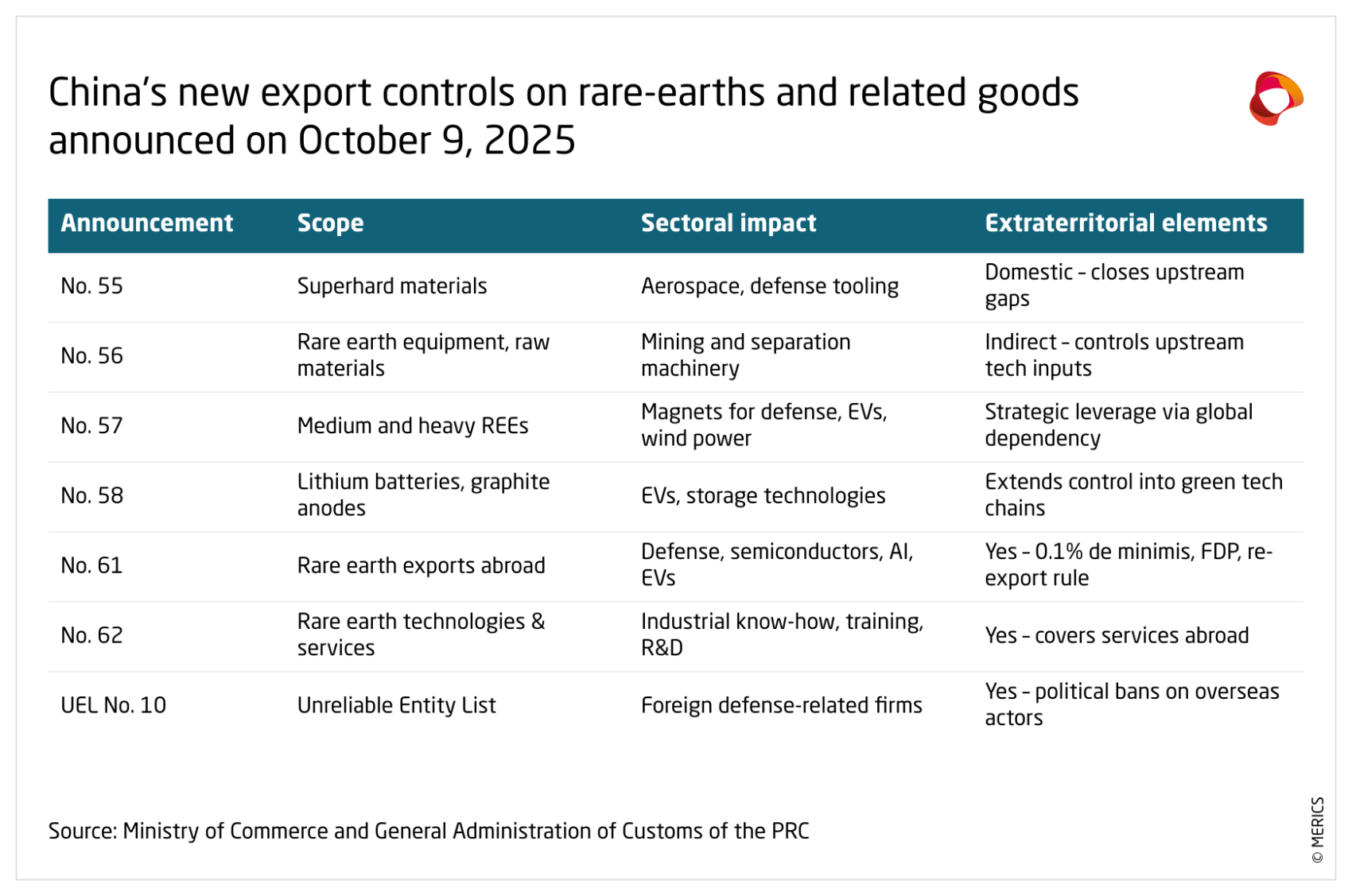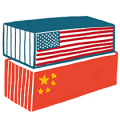

What you now need to know about China’s expansion of REE export controls
A few weeks before a planned meeting between Chinese President Xi Jinping and US President Donald Trump, Beijing is escalating the issue of export controls on the much sought-after rare earths elements (REE). On Thursday in Beijing, the Ministry of Commerce and General Administration of Customs issued a series of notices in six announcements numbered 55, 56 ,57, 58, 61 and 62. The new provisions refer to rare earths used abroad, processing technologies, batteries, superhard materials (such as synthetic diamond) and the use of personnel expertise on the subject from China. Most of the measures will take effect on November 8, with some sections of announcements effective immediately and others from December 1.
Our experts Altynay Junusova and Jacob Gunter share their views on what you need to know about this new development.
Why did Beijing introduce the new export controls, and why now?
Jacob Gunter: China is effectively using its chokehold over rare earth value chains and technology the same way the US has done in the past to China. It mirrors Washington’s measures quite clearly, including the lowering of de minimis thresholds to capture functionally any good with China-made rare earths in it, a “Chinese persons” rule, and specifically levelling export controls to undermine US capacity for semiconductor innovation as well as research and development (R&D) for AI. In this new confrontation, Europe will take collateral damage, as these rules apply for all users of these materials outside of China.
Altynay Junusova: With regard to the timing, the fact that this happens just before the expected meeting of Xi and Trump in October suggests a retaliatory and deterrent motive: to pressure Washington to rethink and make concessions in talks, such as relaxing US export controls, particularly on advanced AI chips and semiconductor manufacturing equipment.
Which sectors are in the focus of China’s new rules, and what stands out in the new restrictions?
Altynay Junusova: The tightened controls are strategically focused on the defense and AI sectors – a tactical decision to challenge the US at its own game. This is to slow US and foreign innovation and undermine their capacity in critical technologies. The new rules mainly target the defense sector, including rare earths use in 14 nanometer and advanced memory chips, or AI with potential military applications.
The expanded rules generally tighten existing export controls by adding more layers to what is included and also by refining conditions for licensing exports. The following developments stick out:
- Adding a de minimis threshold of 0.1% of total value coming from rare earths and related goods while also creating rules comparable to the US Foreign Direct Product Rule (FDPR), which gives the US its long-arm jurisdiction.
- The “Chinese persons” ruleset to prohibit Chinese nationals, legal persons, etc. from contributing to any work on rare earths at every step of the value chain overseas without permission. That is comparable to the “US persons” rules preventing US nationals, green card holders, and legal persons from doing work in China on semiconductors, AI, and quantum. By tightening controls, Beijing wants to protect the technologies and expertise that have made it a global leader in rare earths. This expands the export restrictions on rare earth processing technology introduced in 2023.
- New licensing requirements on R&D and production of 14nm and below logic chips and 256 layer and above memory chips, as well as on production, testing, and R&D equipment and materials for those chips, and also for any of that relevant to R&D of AI with potential military applications. Again, this looks very similar to the various measures the US has imposed on China on semiconductors and AI technology that could have military applications.
Would China be able to enforce licensing requirements for exports of rare earth related items made outside of China?
Altynay Junusova: Beijing has yet to address how it would enforce these rules abroad. This is the first time it wants to control rare earths outside China. The approach would require it to upgrade its export control mechanisms to track foreign-produced technologies with China’s rare earth components, to monitor end-users, and oversee intellectual property (IP). Beijing already has rare earths export licensing, and the next step to fully implement such controls could be expanding its own version of an Entity List, a list of foreign individuals, businesses, and organizations subject to specific license requirements.
How could Beijing’s latest move affect Europe?
Altynay Junusova: Automotive and renewable energy companies, including in Europe, are not directly targeted by these measures. But because rare earths are critical for magnets in EVs and wind turbines, even small changes in export licensing can add strain to supply chains. Beijing knows that restrictions and approval delays can disrupt Western production just as effectively as outright denials.
The scope of the potential impact on European companies in the semiconductor sector is also not fully clear. The measures specify logic chips of 14nm and below and memory chips of 256 layers and above, but they go on to also include semiconductor equipment for production, testing, and R&D, as well as materials, plus anything relevant to R&D for AI that might have a military application. That is a wide potential grouping that could cause trouble for everyone from lithography machine makers and suppliers to chipmakers to those doing AI R&D.
Jacob Gunter: The export controls China introduced in April of this year have already been widely disruptive to European industry. The licenses that were issued to European customers were generally given for “just enough” quantities and “just in time” making it impossible for companies or governments to stockpile.
The export controls on rare earth processing equipment also undermined European derisking by removing the cheapest and most advanced machinery from any company that might try to enter the rare earth business. The new measures further threaten European derisking with tighter information control by means of reporting requirements, but also because of the “Chinese persons” rule – if you wanted to hire some Chinese rare earth experts to help jumpstart new mining and refining operations, you’ll need permission from Beijing.
Importantly, these measures could seriously undermine key defense production that is necessary for Europe’s rearmament and for supplying Ukraine in its resistance against Russia’s invasion. Defense companies depend on these materials in advanced systems, from fighter jets to radar systems to guided missiles. Through these controls, Beijing can create material impacts on the battlefield in favor of its friends in Moscow by depriving Ukrainian forces of key weapons platforms.
How should Europe position itself, what are possible reactions to this development?
Jacob Gunter: All of these developments underline the urgency with which Europe must act. There are many options for intervening into the market to start assertively derisking from China’s dominance in rare earths and other critical materials.
But irrespective of which options are chosen, one additional dilemma must be resolved: China could further undermine any European efforts to build up alternative supply chains. Resolving that dilemma requires credible deterrence that if China were to use such tactics, it would come with costs it cannot afford. That could mean using European export controls as deterrence, it could also mean activating the Anti-Coercion Instrument and diminishing China’s access to the EU market.
Beijing has fused its industrial dominance in rare earths with extraterritorial licensing powers. Europe is not the primary target, but its dependence on Chinese magnets, batteries, and materials leaves it heavily exposed. The EU’s Critical Raw Materials Act and broader economic security agenda will need to move faster and more decisively if Europe wants to avoid being collateral damage in the intensifying US–China rivalry. Finally, European rearmament funds should include allocations to resolve this issue, as the potential breakdown of key defense supply chains is an obvious matter of national security.
For more on the topic, read our series on China’s rare-earths export controls. Rebecca Arcesati, Jacob Gunter, Niklas Hintermayer, Antonia Hmaidi and Altynay Junusova explain how China’s export controls raise pressure on Europe to derisk, how European importers have struggled with intricate approval processes, and what the rules mean for European defense industry.


